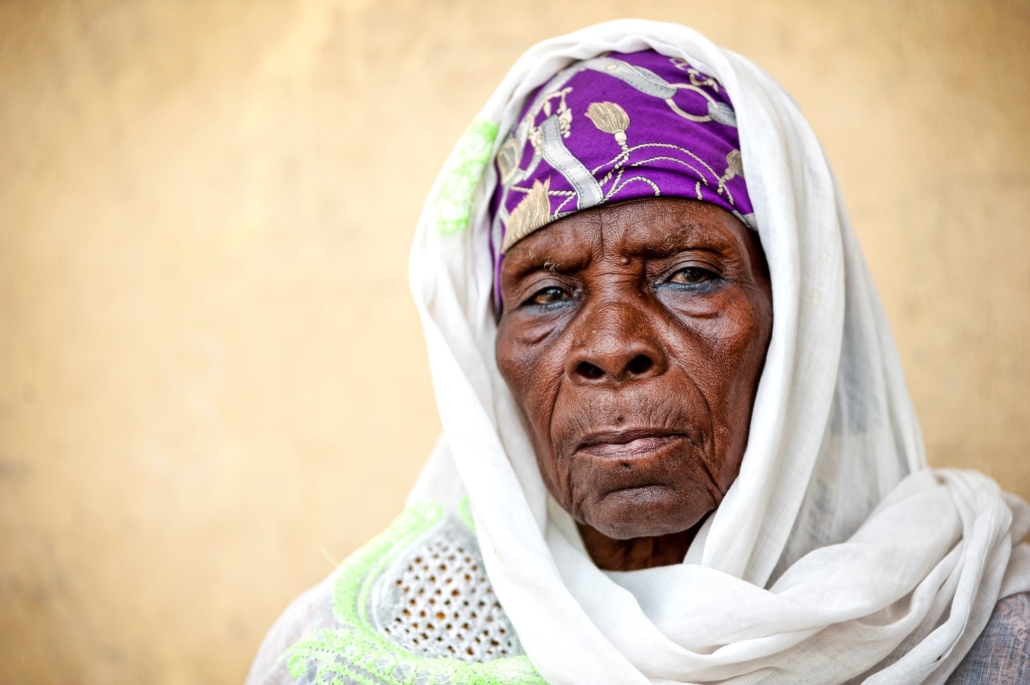Community Health and Planning Services (CHPS) in Ghana

Ghana’s capital city, Accra, is pretty urbanized and health services are readily available. However, the surrounding areas are rural and those services are not accessible. CHPS (Community Health and Planning Services) is a national strategy in Ghana geared towards the delivery of crucial community-based health services to these populations, involving service delivery and health planning with communities. CHPS in Ghana is a step forward to achieving the goal of providing universal primary health care.
How Did CHPS in Ghana Start?
CHPS started in 1994 by deploying nurses to their assigned “CHPS zones,” which are geographical areas of rural Ghana, to provide door-to-door services. Due to its early successes, the project started to grow and scale. The Ghana health services took advantage of the incremental rollout to research which parts of the CHPS model proved most effective; community engagement and participation were the most essential for ensuring primary health care and where these two components did not exist, CHPS did not perform as well.
“The primary focus of CHPS is to bring health services close to communities. CHPS’ aim is to move health services to community locations, develop sustainable volunteerism and community health action, empower women and vulnerable groups and improve health provider, household and community interaction,” according to a research article published in PLOS ONE. On a larger scale, CHPS strives toward the ultimate goal of Universal Health Coverage, providing basic health services to every community.
Challenges
Undoubtedly, throughout the years, CHPS went through challenges and failures. Since CHPS started in research, people have continually monitored the progress and challenges the program runs into. These include transportation, road conditions, poor clinical attendance, cultural beliefs and more.
To go into it, one tool CHPS uses is its compounds, which are buildings that act as service delivery points. Transportation to these depends on various factors, such as access to a motorbike, weather conditions and route options. Many mothers do not have such access and the ones who do often experience challenges with rain or lack of roads in remote settlements.
Cultural beliefs and practices also act as a major challenge. Beliefs around pregnancy and childbirth keep many women from seeking care from CHPS. According to an article published in BMC Health Services Research, one mother reported, “I made two visits to the CHPS compound but when it was time for delivery, I delivered at home. Oh! I used medicines from the health center alongside herbs from my mother-in-law.” One reason for such avoidance is to ensure women do not receive tabooed food. People tend to prefer traditional practitioners for such care.
The CHPS program faces many more challenges and as it continues to scale they aim to solve each of these.
According to the World Health Organization (WHO), “UHC [Universal Health Coverage] means that all individuals and communities receive the health services they need without suffering financial hardship. It includes the full spectrum of essential, quality health services, from health promotion to prevention, treatment, rehabilitation and palliative care across the life course.” The first step to achieving such a goal is providing primary care to all. This is also the first step of CHPS.
CHPS aims to scale its program across Ghana, thereby closing its health coverage gap. Its efforts to achieve Universal Health Coverage face challenges, but are largely successful and continue to grow.
– Rachael So
Photo: Flickr
